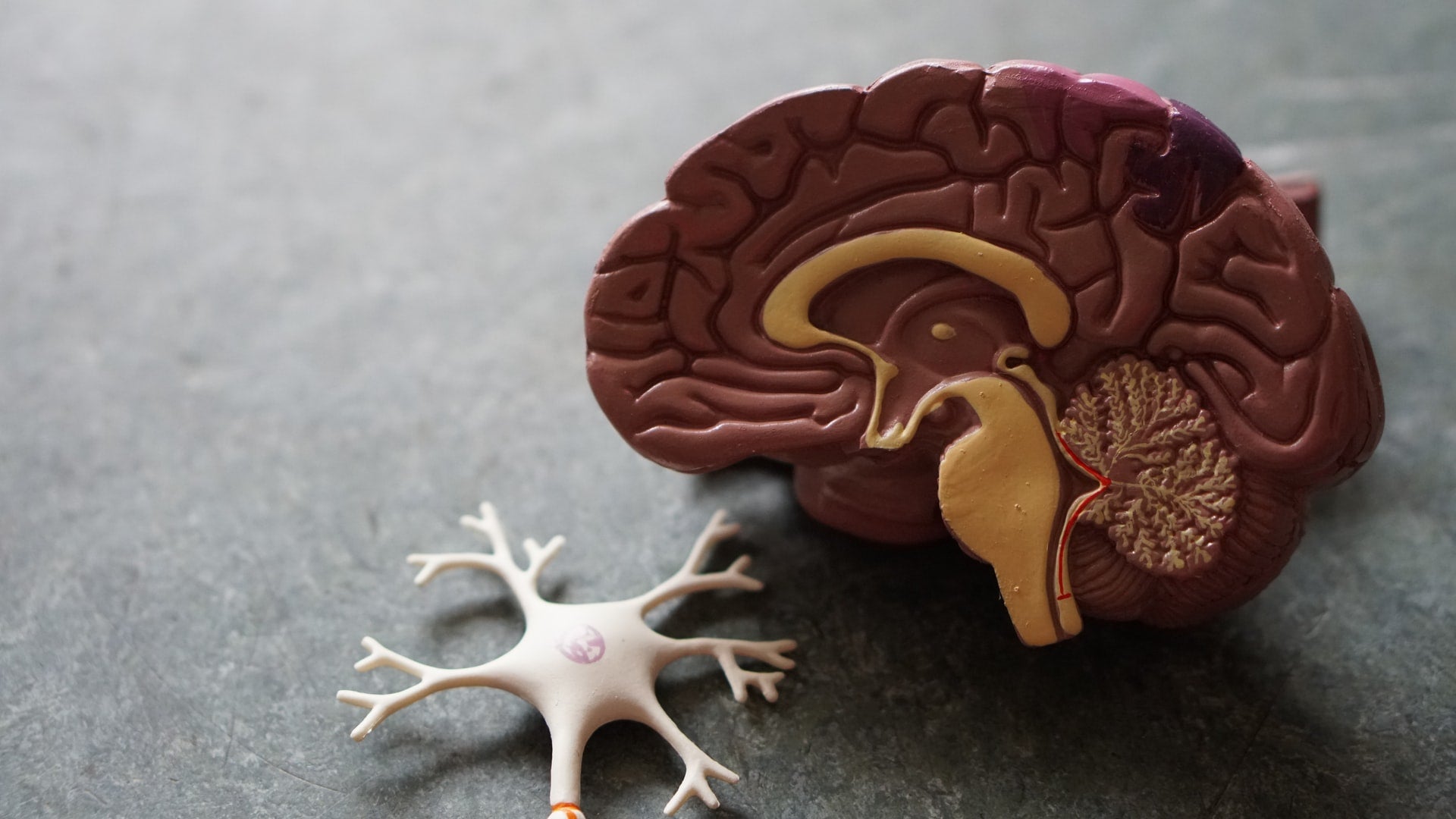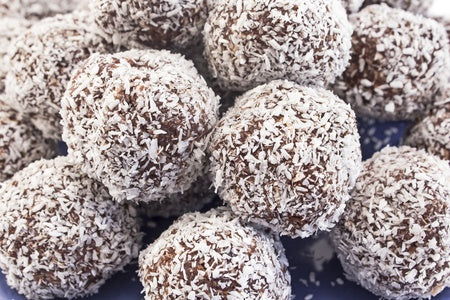The Vagus Nerve

Diet is a cornerstone of health and wellness, and what you put into your body directly affects your health. This is no mystery. Eating a fast-food cheeseburger rarely leaves someone feeling energized, light, and alert.
Yet this process-- the one which breaks down our food intake, squeezes out energy, and leaves us feeling either satiated or groggy– is not just about digestion. The brain is connected to the gut not just by a traditional digestive process where nutrients seep into the bloodstream and make their way to the cranium. There’s actually a nerve that serves to link our stomachs and our heads. Called the vagus nerve, it meanders a long way throughout the body and has earned an endearing nickname: “The Wanderer Nerve.”
The vagus nerve sends signals from the digestive system and related organs to the brain and vice versa. It runs from the brainstem, through the neck and thorax, until it reaches the abdomen.
Vagus nerve stimulation has begun to emerge as a promising treatment for mental health disorders. Deep breathing exercises can provide this effect to some extent, but researchers are more focused on nutrition. Tweaking levels of gluten, probiotics, antioxidant agents, and antibiotics have a direct impact on vagus nerve activity through the interaction with the bacteria that live in the human stomach. The beneficial bacteria that live permanently in the stomach can actually affect our brains through the vagus nerve: think of a game of bacterial-neurological telephone, but in the human body.

One study showed that introducing the probiotic lactobacillus into mice caused a reduction in stress-induced corticosterone levels and in anxious and depressive symptoms and behavior.
Other studies have pointed to the difference in the composition of gut microbiota in human patients with depression compared with healthy individuals. A depressed individual has a different bacteria composition in their gut: the thought is that something bacteria are doing has an effect on our mental health through the vagus nerve, and bacteria behavior is influenced by what we eat.
There’s much research to be done on the vagus nerve. We’re trying to figure out what it does and how to best stimulate it. It’s clear that what we ingest affects our health, and the link is only becoming more apparent.




